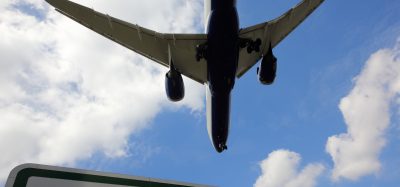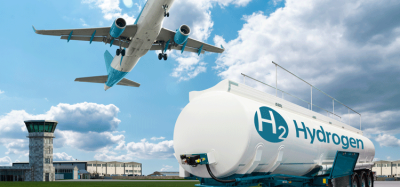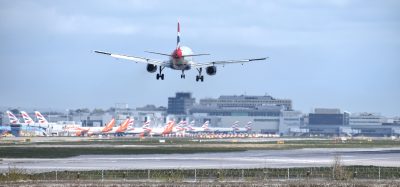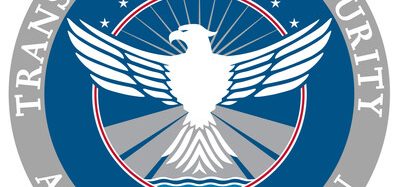Foundations laid for future growth of aviation as government unveils long-term strategy
- Like
- Digg
- Del
- Tumblr
- VKontakte
- Buffer
- Love This
- Odnoklassniki
- Meneame
- Blogger
- Amazon
- Yahoo Mail
- Gmail
- AOL
- Newsvine
- HackerNews
- Evernote
- MySpace
- Mail.ru
- Viadeo
- Line
- Comments
- Yummly
- SMS
- Viber
- Telegram
- Subscribe
- Skype
- Facebook Messenger
- Kakao
- LiveJournal
- Yammer
- Edgar
- Fintel
- Mix
- Instapaper
- Copy Link
Posted: 12 July 2012 | Department of Transport (DfT)
More frequent flights to emerging markets, improved access to airports…


More frequent flights to emerging markets, improved access to airports – including £500m towards a new rail link to Heathrow – and a reduction in the impact of airports on local communities is to be put at the heart of UK aviation strategy Transport Secretary Justine Greening has said, as she published the Government’s long-term vision for the sector today.
The draft policy framework, which will form the basis of future sustainable aviation growth in the UK, has been developed following discussions with the industry. The framework also includes a package of measures which will quickly deliver operational improvements and boost economic growth within existing airport capacity constraints.
The measures include:
- Further liberalisation of the UK aviation market to encourage foreign airlines to develop routes from airports other than Heathrow;
- Improving reliability and reducing delays at Heathrow. If operational freedoms show clear benefits in terms of resilience, reducing delays and allowing planes to land more effectively, thereby reducing the impact of noise for residents under the flight path, then the Government will consult on making these benefits permanent;
- Addressing the environmental and local impacts of aviation through:
– pushing for international action on aviation emissions while continuing to support EU Emissions Trading Scheme;
– incentivising noise reduction though higher landing fees for noisier aircraft at unsociable hours and higher penalties for breaching noise limits at any time; - £500m towards a western rail link to Heathrow, which is in addition to £1.4bn already being invested to improve surface access to airports, including £44m towards upgrading Gatwick Airport station and a new fleet of thirty electric trains already improving services on the Stansted Express. In addition the Government is pressing ahead with HS2 which will significantly improve access to airports such as Birmingham and Manchester;
- Improving efficiency at the border, including a review of the UK’s visa regime, bringing forward the recruitment of 70 additional border staff at Heathrow and working with the US authorities to look at the options for speeding up entry into the US.
- Supporting the introduction of new rules by airport operators to maximise their existing capacity, for example through limiting access to smaller aircraft;
- Introducing airport performance charters which will set out the level of service that airlines and their passengers should expect from airport operators;
- Improving the overall passenger experience through the Civil Aviation Bill which is expected to gain Royal Assent in 2013.
A separate call for evidence on how to maintain the UK’s international connectivity and hub status will follow later in the year once the industry has had time to consider the measures put forward for consultation today.
Transport Secretary Justine Greening said:
“This framework aims to strike a balance between allowing the aviation industry to make the most of our current capacity, while also recognising the need for a tough regime to tackle levels of noise experienced by residents on the ground.
“London is already one of the best connected cities in the world, but there is still an important but challenging debate to be had on how we accommodate the long-term growth of aviation. This framework provides the building blocks for this debate and I look forward to working with the industry, residents and other interested parties on this once they have had the chance to consider these measures.”
Today’s draft Aviation Policy Framework document has been published on the Department for Transport’s website and is subject to full public consultation, lasting until 31st October.

















